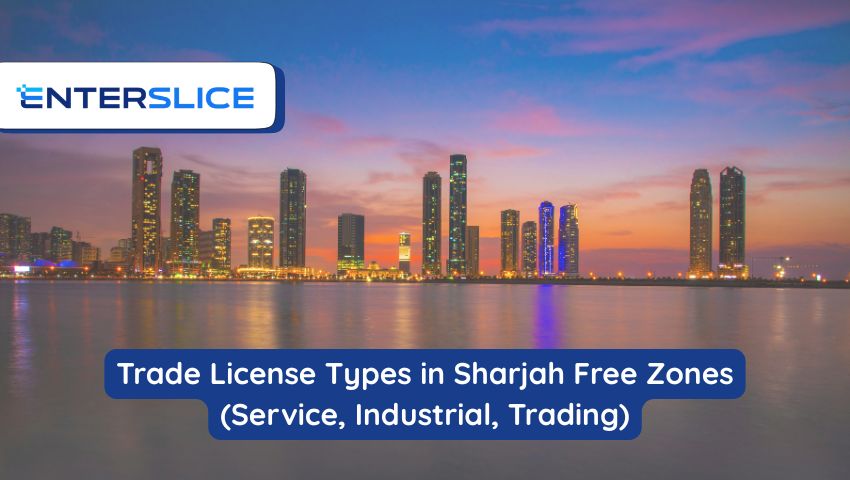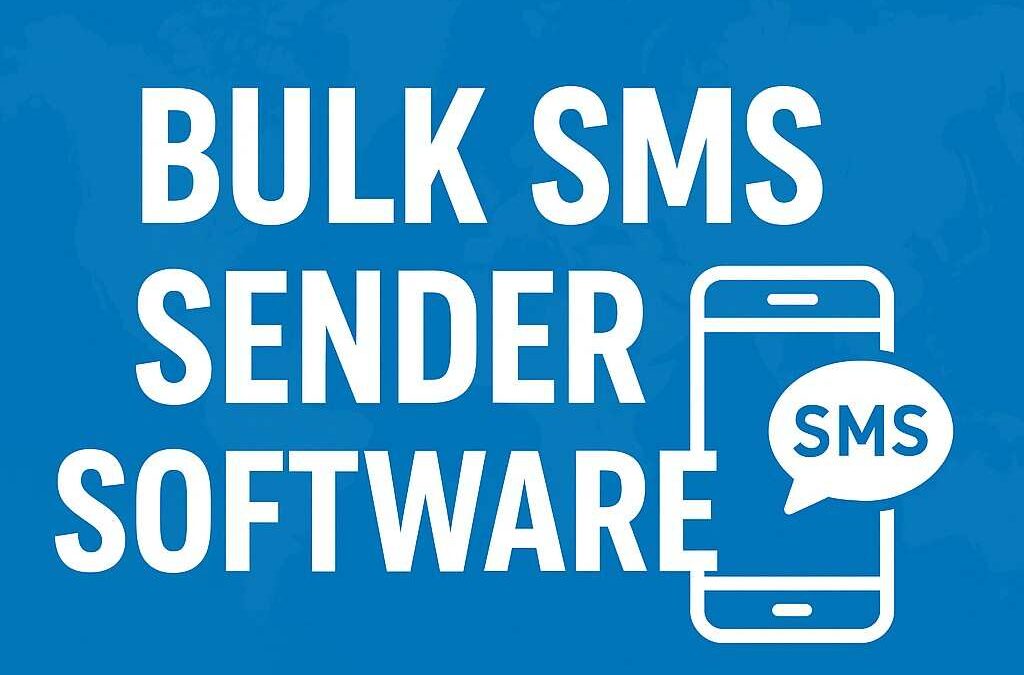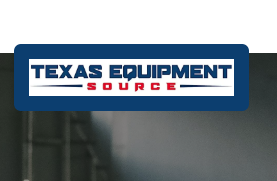Sharjah is emerging as a highly attractive destination for entrepreneurs and investors seeking to establish a foothold in the UAE. Known for its strategic location, cost-effective operations, and investor-friendly environment, Sharjah offers a wide range of free zones tailored to different business needs. One of the key steps in the Sharjah business setup process is choosing the right trade license.
Whether you’re planning company registration in Sharjah to offer services, manufacture goods, or trade internationally, understanding the different types of trade licenses is essential. In this guide, we’ll walk you through the three main license types in Sharjah Free Zones – Service, Industrial, and Trading – and explain how each aligns with your business goals.
Why Set Up in a Sharjah Free Zone?
Before diving into license types, it’s important to know why Sharjah is an ideal place for business setup:
-
Competitive operating costs compared to Dubai and Abu Dhabi
-
Quick and straightforward registration process
-
100% foreign ownership allowed in free zones
-
No personal or corporate income tax
-
Full repatriation of profits and capital
-
Access to ports, airports, and highways for logistics
These advantages make it easy and affordable to register a company in Sharjah, especially for small and medium-sized enterprises (SMEs) and startups.
Now let’s look at the trade licenses available in the major Sharjah Free Zones, including Sharjah Media City (Shams), Sharjah Airport International Free Zone (SAIF Zone), and Hamriyah Free Zone.
1. Service License
A service license is issued to companies involved in professional or consultancy services. This license allows entrepreneurs to operate a business that provides services rather than physical goods.
Activities Covered Under Service License:
-
IT and software development
-
Marketing and advertising
-
Management consultancy
-
HR and recruitment services
-
Financial advisory (non-regulated)
-
Legal and accounting services
-
Education and training services
-
Design and creative work
This is the most suitable license if your Sharjah business setup is focused on offering intellectual or professional services. The license also allows you to hire staff, rent office space, and offer services within or outside the UAE.
Who Should Apply?
-
Freelancers and solo entrepreneurs
-
Consulting firms
-
Digital marketers and creative agencies
-
Trainers and educators
-
IT and tech professionals
Some free zones like Shams even offer freelance permits, which fall under the broader category of service licenses, with minimal setup costs and fewer regulatory requirements.
Also Read: Documents Required to Register a Company in Meydan Freezone
2. Industrial License
An industrial license is required for companies that engage in manufacturing, production, assembly, or processing of goods. It allows businesses to set up industrial units in designated free zone areas and use facilities such as warehouses and factories.
Activities Covered Under Industrial License:
-
Food and beverage processing
-
Packaging and bottling
-
Machinery and equipment manufacturing
-
Textile and garment production
-
Chemical and plastics manufacturing
-
Automotive parts assembly
-
Printing and publishing
Sharjah’s Hamriyah Free Zone and SAIF Zone are particularly well-suited for industrial operations. They offer large land plots, warehouses, and pre-built factory units, often at competitive lease rates.
Regulatory Requirements:
-
Approval from the free zone authority
-
Environmental clearance for certain activities
-
Submission of detailed business plan and manufacturing process
-
Adequate industrial space allocation
-
Installation of required safety and utility systems
This license involves stricter regulations due to the nature of operations, including health and safety inspections and periodic compliance checks.
Who Should Apply?
-
Manufacturers and producers
-
Companies involved in heavy industry
-
Export-oriented businesses
-
Entrepreneurs in packaging and processing sectors
If your plan for company registration in Sharjah involves setting up a physical production unit or exporting manufactured goods, this is the license to consider.
3. Trading (Commercial) License
The trading or commercial license is for businesses involved in the buying and selling of goods. It allows import, export, distribution, and storage of products within the UAE and internationally. Sharjah free zones offer both general trading licenses and specific trading licenses based on product categories.
Activities Covered Under Trading License:
-
Import and export of goods
-
Product distribution
-
E-commerce operations
-
Wholesale and retail trade
-
General trading (multi-product trade under one license)
A general trading license is a sub-category that allows you to trade in a wide variety of goods under one license. However, some restricted items (like medical equipment, alcohol, or chemicals) require additional approvals.
Facilities Available:
-
Warehousing and storage units
-
Logistics and freight forwarding services
-
Office space near ports and transport hubs
-
Customs support and trade facilitation
SAIF Zone is particularly popular among trading companies because of its proximity to Sharjah International Airport and major shipping ports. The Hamriyah Free Zone is also a major hub for import-export businesses with its own seaport and specialized storage areas.
Who Should Apply?
-
Import/export businesses
-
Wholesale distributors
-
E-commerce sellers
-
Traders dealing in electronics, foodstuffs, garments, etc.
If your goal is to register a company in Sharjah focused on commercial activity, this license provides flexibility and access to international markets.
Also Read: How to Register a Company in Ajman as a Foreigner?
Choosing the Right License: Key Considerations
When selecting the type of trade license for your Sharjah business setup, consider the following factors:
-
Nature of your business activity
-
Scale of operations (freelancer vs. factory owner)
-
Budget for setup and maintenance
-
Space and infrastructure requirements
-
Regulatory or approval needs
In some cases, it is possible to combine multiple activities under one license, depending on the free zone’s policy. Always consult with the free zone authority or a business setup consultant to ensure your business is fully compliant.
License Costs and Timelines
Costs vary significantly based on the type of license and free zone chosen. As of 2025, here are rough starting prices:
-
Service license: from AED 5,750 annually (e.g., Shams)
-
Trading license: from AED 11,000 annually (e.g., SAIF Zone)
-
Industrial license: from AED 15,000 annually, excluding factory or warehouse lease
Setup timelines are generally fast, ranging from 1 to 5 working days, assuming all documents are in order.
Required Documents for Company Registration in Sharjah
To register a company in Sharjah free zones, you typically need:
-
Passport copies of shareholders and directors
-
Passport-sized photos
-
Proof of address (utility bill or tenancy contract)
-
Business activity details
-
No objection certificate (if required)
-
Company name approval
Some free zones also allow for 100% remote registration, making it easier for foreign investors to start their Sharjah business setup from abroad.
Also Read: Can a Foreigner Register a Company in IFZA?
Frequently Asked Questions
1. Can I have multiple activities under one Sharjah free zone license?
Yes, most Sharjah free zones allow multiple related activities under one license. However, combining unrelated activities may require separate approvals or licenses.
2. Which license is best for an e-commerce business in Sharjah?
A trading license is ideal for e-commerce businesses. Some free zones also offer e-commerce-specific packages with warehousing and fulfillment support.
3. Is it possible to upgrade or change my license type later?
Yes, you can apply to amend your license or upgrade to another type. This usually involves submitting new documentation and paying applicable modification fees.







0 Comments